Maybe Americans have been deluged with too many photoshopped Instagram influencers or retouched model photos or commercials touting the latest…
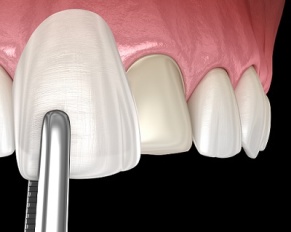
Common Dental Questions, dental care questions and answers, dental health tips, cosmetic and restorative dentistry, dental technology, ask a dentist about general dental procedures

Maybe Americans have been deluged with too many photoshopped Instagram influencers or retouched model photos or commercials touting the latest…

There are all kinds of reasons for choosing a new dentist. You might have changed residences and are looking for…
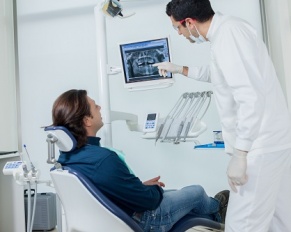
As coronavirus spread around the country, dental clinics had no choice but to shut down until we got things under…

Like so many other industries, dentistry is rapidly evolving to suit patient needs. The traditional experience of going to the dentist has changed quite a bit over the past year due to Covid-19 precautions. The coronavirus, however, may have only accelerated a sea change in an industry that was already embracing new methods.
In response to patient demands for more convenience and greater transparency, virtual smile design was born. This innovation makes the most of advanced technology to create a digital representation of a patient’s smile. The dentist can then change the images to show how the patient would benefit from a treatment plan. The best part is that the design process takes place virtually.
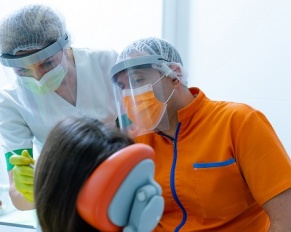
The coronavirus pandemic has altered so much of our daily routines that it’s almost tough to remember how things were…

After a couple of months of only performing emergency procedures due to the coronavirus pandemic, dentists in many states are…
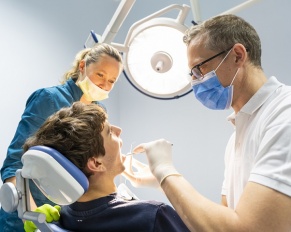
As the United States and most of the rest of the world gets acclimated to a new normal in the…

Chipped or broken teeth from an injury or general wear and tear can cause you to experience a variety of…
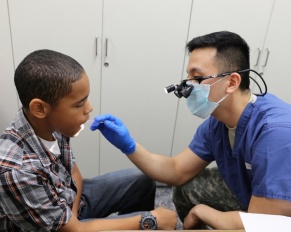
For many people, choosing a new dentist becomes a bit of an afterthought. When people move to new area, they…

Most of the U.S. denture-wearing population suffer frequent fungal infections that cause inflammation, redness and swelling in the mouth. These…